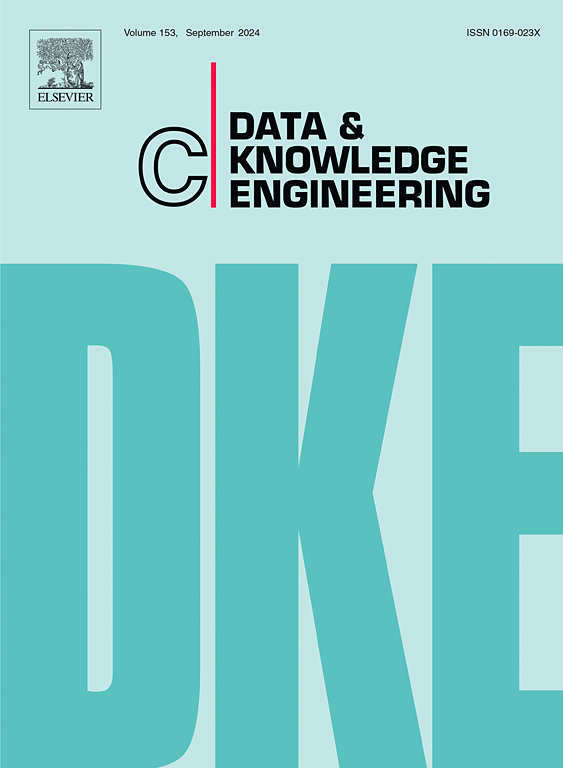ROSI: A hybrid solution for omni-channel feature integration in E-commerce
IF 2.7
3区 计算机科学
Q3 COMPUTER SCIENCE, ARTIFICIAL INTELLIGENCE
引用次数: 0
Abstract
Efficient integration of customer behavior data across multiple channels, including online and in-store interactions, is essential for developing recommendation systems that enhance customer experiences and maintain a competitive edge in e-commerce. However, the integration process faces several challenges, including data synchronization and discrepancies in data schemas. In this study, we introduce a hybrid data pipeline, ROSI (Retail Online-Store Integration), designed to integrate real-time streaming data from online platforms with batch data from in-store interactions. ROSI employs scalable, fault-tolerant streaming systems for online data and periodic batch processing for offline data, ensuring effective synchronization despite variations in data volume, update frequency, and schema. Our approach incorporates in-memory storage, sliding time windows, and feature registries to support applications such as machine learning model training and real-time inference in recommendation systems. Experimental results on a real-world retail data demonstrate that ROSI is highly robust, with a reduced growth rate of overall latency when data size increases linearly. Additionally, sequential recommendation systems built on the integrated dataset show a 6.25% improvement in ranking metrics. Overall, the proposed hybrid pipeline facilitates more personalized, omnichannel customer experiences while enhancing operational efficiency.

ROSI:电子商务全渠道特色整合的混合解决方案
通过多种渠道(包括在线和店内互动)有效整合客户行为数据,对于开发推荐系统至关重要,该系统可以增强客户体验,并在电子商务中保持竞争优势。然而,集成过程面临着一些挑战,包括数据同步和数据模式的差异。在本研究中,我们引入了一种混合数据管道,ROSI(零售在线商店集成),旨在将在线平台的实时流数据与店内交互的批量数据集成在一起。ROSI对在线数据采用可扩展的容错流系统,对离线数据采用定期批处理系统,从而确保在数据量、更新频率和模式变化的情况下有效同步。我们的方法结合了内存存储、滑动时间窗口和特征注册表,以支持推荐系统中的机器学习模型训练和实时推理等应用。在真实零售数据上的实验结果表明,ROSI具有高度鲁棒性,当数据大小线性增加时,总延迟的增长率降低。此外,基于集成数据集构建的顺序推荐系统在排名指标上提高了6.25%。总体而言,拟议的混合管道在提高运营效率的同时,促进了更加个性化、全渠道的客户体验。
本文章由计算机程序翻译,如有差异,请以英文原文为准。
求助全文
约1分钟内获得全文
求助全文
来源期刊

Data & Knowledge Engineering
工程技术-计算机:人工智能
CiteScore
5.00
自引率
0.00%
发文量
66
审稿时长
6 months
期刊介绍:
Data & Knowledge Engineering (DKE) stimulates the exchange of ideas and interaction between these two related fields of interest. DKE reaches a world-wide audience of researchers, designers, managers and users. The major aim of the journal is to identify, investigate and analyze the underlying principles in the design and effective use of these systems.
 求助内容:
求助内容: 应助结果提醒方式:
应助结果提醒方式:


